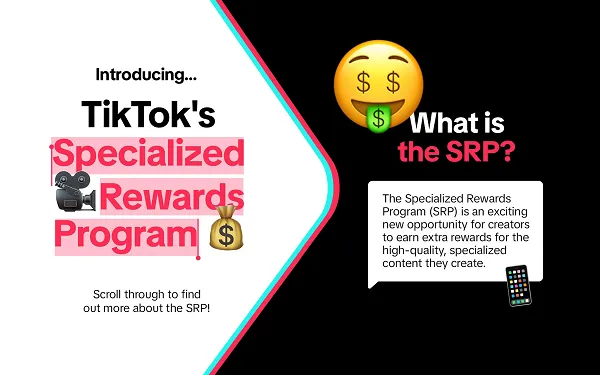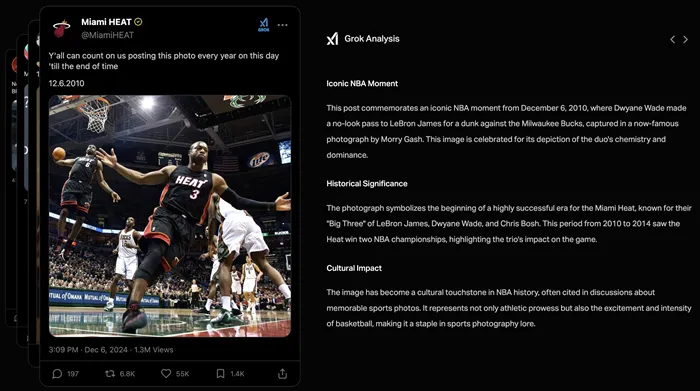# Report Appears on the Rise of On-line Influencers as Information Sources
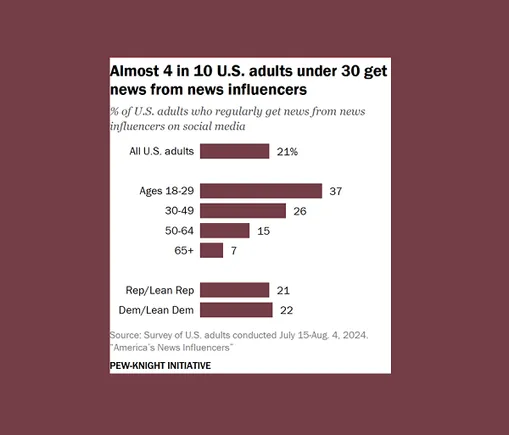
Pew Analysis has revealed a brand new examine into the information engagement habits of People, which highlights the important function that social platforms proceed to play in our media consumption weight-reduction plan.
Which, given a number of the newer platform shifts, is probably not such a great factor.
The report, based mostly on a survey of 10,658 U.S. adults, and a examine of 500 information influencers, offers some fascinating perspective on the trendy information consumption panorama, in addition to the important thing components that affect at present’s information cycle.
Which, as we now nicely know, has been massively impacted by the shift to on-line consumption, and social media extra particularly. On-line algorithms have successfully fueled partisan information shops, by incentivizing publishers to take more and more divisive, aggressive takes. As a result of the way in which to generate extra feedback and engagement is to spark emotional response, and as such, information shops at the moment are pushed by the push to give you extra indignant, concern mongering, excessive takes.
And with this in thoughts, the findings right here are not any actual shock.
First off, the analysis exhibits that round one-in-five People now commonly get information from influencers on social media.
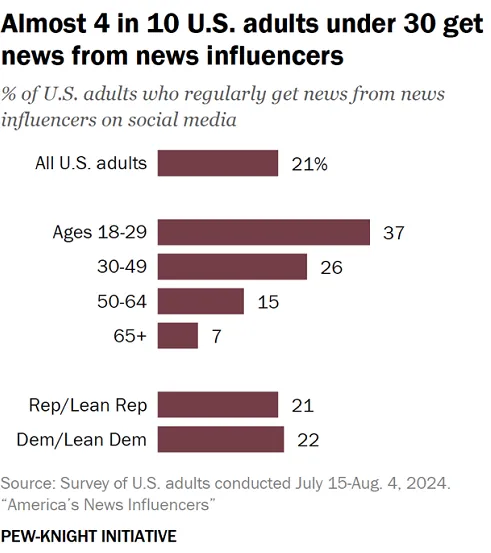
As per Pew:
“That is particularly frequent amongst youthful adults: 37% of these ages 18 to 29 say they commonly get information from influencers. However there are minimal variations between Republicans and Democrats on this query.”
This aligns with the push to get extra common individuals reporting their on-the-ground expertise, and to unseat “conventional” media shops as the primary sources of stories enter.
As a result of many consider that mainstream information sources are being influenced by exterior pursuits, and as such, many, together with youthful customers, are turning to on-line influencers as an alternative.
Is {that a} good factor? Properly, in some methods, mainstream shops have been tarnished by partisan shops, who, once more, have grow to be more and more pushed by clicks and engagement, versus reporting with out bias. The trendy construction of stories reporting pushes shops to take sure angles, and that’s pushed a degree of distrust, because of their tendency to lean a method or one other of their reportage.
So in that sense, you’ll be able to’t blame individuals for shifting to what they see as less-biased shops, together with on-line influencers. However on the similar time, journalists who’re dedicated to correct investigative reporting are way more doubtless to supply actual, useful perception, versus DIY creators who might not have the identical expertise or expertise on this regard.
However then once more, numerous influencers do now have expertise, and have constructed their reputations as trusted sources. So you’ll be able to see why that is occurring, particularly as an increasing number of individuals transfer away from conventional media shops for every type of media consumption, and get extra of their media inputs on-line.
The report additionally appears to be like at key platforms for information influencers, with X main the cost:
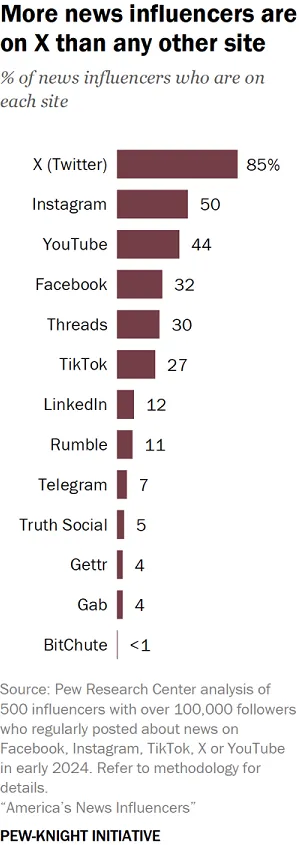
Whereas newer reviews have prompt that X is bleeding customers, it stays the most effective place to get up-to-date, in-the-moment information reviews, which is why many information influencers use the app. Newer adjustments applied by Elon Musk have seen the positioning lean additional in the direction of right-wing politics, and amplifying messages that Musk himself endorses. However as a platform, X stays the most effective place to maintain up with the information in real-time, regardless of challengers making an attempt to unseat the app.
After all, Meta’s aversion to information content material doesn’t assist, within the case of Threads, whereas the shift in the direction of algorithm-defined suggestions has additionally impacted the dissemination of in-the-moment updates.
And on steadiness, if you wish to sustain with an unfolding occasion, X stays best-placed for such protection at this stage.
There’s additionally this:
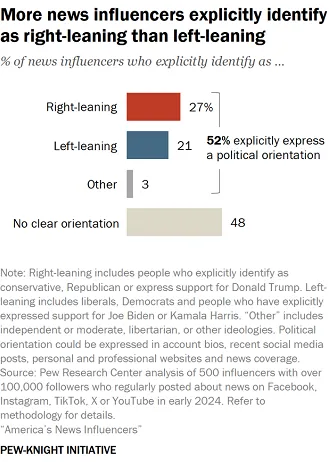
It will doubtless be the important thing takeaway for a lot of who learn this report, however actually, given the aforementioned shifts in incentive for information protection, that is no shock.
The very fact is, political points are complicated, and it takes, usually, numerous devoted analysis to have an knowledgeable opinion on any given subject.
But it surely’s comparatively straightforward to color issues as “good” or “dangerous”, and to simplify them all the way down to memable stats.
Proper-leaning influencers have confirmed way more adept at doing this, portray points in broad strokes, which frequently overlooks the element in every case. International help, for instance, is dangerous, as a result of why ought to we be handing over taxpayer {dollars} to different nations? However on additional evaluation, international help typically ends in expanded financial alternative, however taking a extra simplified method results in extra broad enchantment, which right-leaning influencers are higher at doing.
We’ve seen this all through the 2024 election marketing campaign, with Trump extra prepared and in a position to simplify his messaging, and make clear his stances. The method of left-leaning commentators is extra aligned with complexity, and that doesn’t resonate as nicely with social media algorithms.
Which is the important thing level. Social platform algorithms amplify content material based mostly on engagement, together with feedback, likes, and many others. On steadiness, right-leaning commentators usually tend to encourage such, which sees extra right-leaning messages get extra distribution on-line.
So it could not even be that the algorithms favor one aspect of the political aisle or the opposite, however right-wing politicians are more likely to spark emotional response with their statements.
Which can be good in a content material sense, and I might counsel that because of this extra influencers lean in the direction of right-wing speaking factors. As a result of they’re higher for enterprise, by way of producing extra curiosity and engagement.
Conspiracies and salacious secrets and techniques, for instance, are far more alluring than policy-based dialogue.
That’s to not say that they’re all flawed, or that left-leaning commentators are extra correct, as such, of their protection. However the algorithmic amplification components incentivize extra partisan takes, which right-leaning spokespeople have tailored to higher. Which, I might counsel, is a key consideration on this knowledge level.
There are some fascinating notes right here, which paint an image of the trendy on-line information panorama, and the components driving information consumption. And there are some considerations, however given the evolution of media, I’m undecided they are often addressed.
You may take a look at Pew’s full report right here.
Andrew Hutchinson


